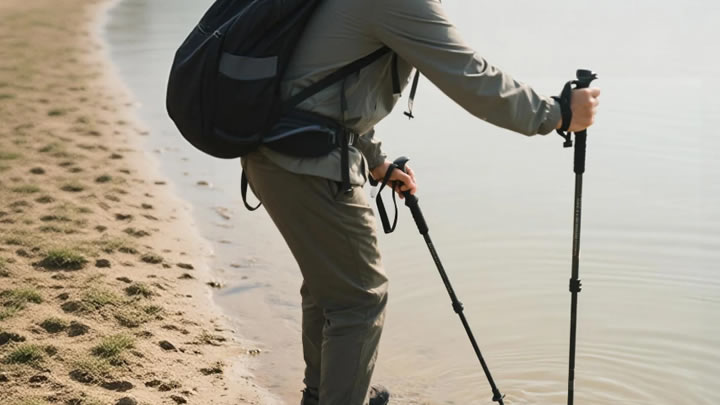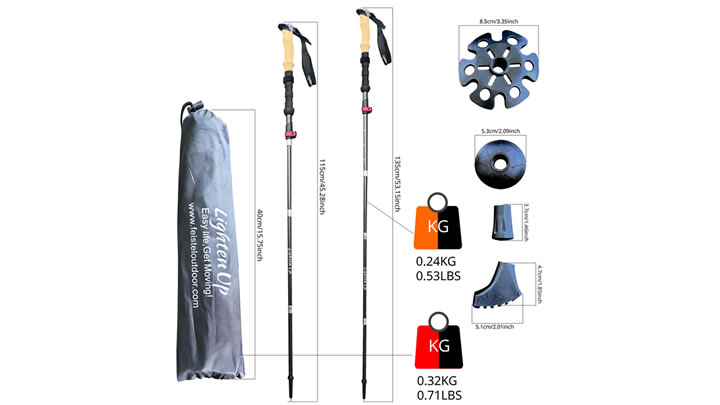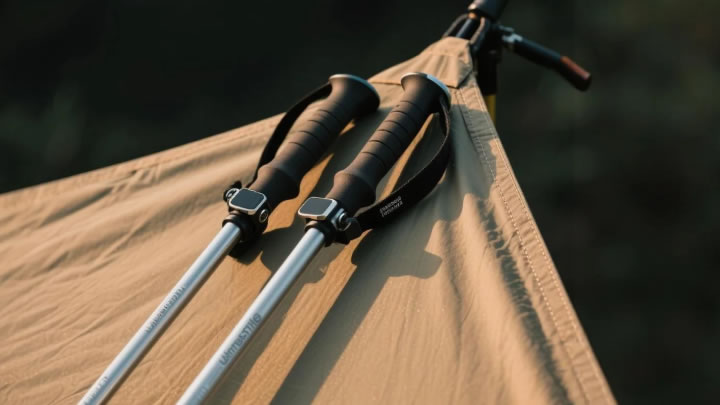The Future of Climbing Gear: Smart Tech & AI in Equipment
Introduction: The Digital Revolution in Climbing
The climbing world is on the brink of a technological revolution. As artificial intelligence and smart technology continue transforming other sports, climbing equipment is now catching up with innovations that promise to enhance safety, performance, and the overall climbing experience. From AI-assisted protection systems to biometric wearables, the future of climbing gear is smarter than ever before.

Current Smart Climbing Technologies
1. AI-Assisted Belay Devices
Leading manufacturers are developing:
- Auto-adjusting tension systems that respond to fall dynamics
- Predictive algorithms that anticipate sudden loads
- Integrated force measurement for optimal braking
2. Smart Carabiners and Protection
Emerging products feature:
- Load sensors that monitor real-time forces
- Impact detection that logs hard falls
- Wireless connectivity to sync with climbing apps
3. Augmented Reality for Route Reading
Cutting-edge solutions include:
- AR glasses that overlay beta on rock faces
- Haptic feedback gloves for virtual route mapping
- Projection systems that highlight holds in low light
The Next Generation of Climbing Tech
AI-Powered Safety Systems
Future developments may include:
- Neural networks that analyze climbing patterns for risk assessment
- Machine learning algorithms that adapt to individual climber styles
- Predictive analytics for gear wear and failure points
Biometric Integration
Coming innovations:
- Smart harnesses with built-in vital sign monitoring
- Pressure-sensitive shoes that analyze foot placement
- EEG headbands that track focus and fatigue levels
Environmental Adaptation
Advanced materials research is exploring:
- Self-healing polymers for rope and sling durability
- Phase-change fabrics that regulate temperature
- Nanotech coatings that adjust friction based on conditions
Balancing Technology With Tradition
The Pros of Smart Gear:
- Enhanced safety through real-time monitoring
- Performance tracking for training optimization
- Accessibility improvements for adaptive climbing
The Potential Cons:
- Over-reliance on technology reducing fundamental skills
- Increased cost creating accessibility barriers
- Battery dependence in remote locations
Ethical Considerations
Important questions being debated:
- Data privacy for biometric information
- Fairness in competition with tech-assisted climbing
- Environmental impact of electronic components
What Climbers Can Expect Soon
Near-future releases include:
- Petzl's connected belay system (2025)
- Black Diamond's smart carabiner prototype
- Mammut's AI-powered route recommendation app
Preparing for the Smart Climbing Future
How to stay ready:
- Maintain traditional skills alongside new tech
- Follow manufacturer updates on smart gear
- Participate in beta testing programs
- Stay informed about industry standards
Conclusion: Embracing Innovation While Honoring Tradition
The integration of AI and smart technology into climbing gear represents an exciting frontier that will undoubtedly change how we climb. However, the essence of climbing - the connection between human and rock - will always remain at the sport's core. As these technologies develop, climbers will need to thoughtfully adopt innovations that truly enhance the experience while preserving the purity of the sport.
What smart climbing tech are you most excited about? Which innovations concern you? Share your thoughts in the comments below!
#SmartClimbing #ClimbingTech #FutureOfClimbing #AIClimbing #ClimbingInnovation






